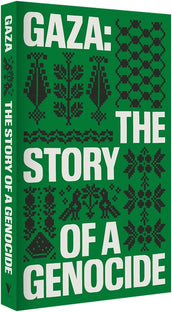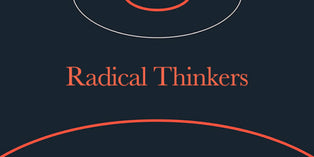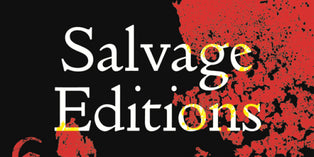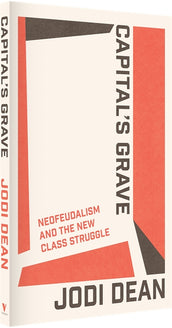
Catalog Books
Bestselling Print Books of 2025
Browse all-

-
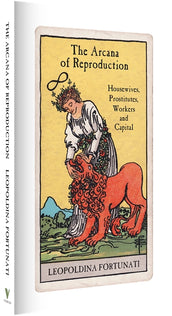
The Arcana of Reproduction: Housewives, Prostitutes, Workers and Capital
-

The Destruction of Palestine Is the Destruction of the Earth
-
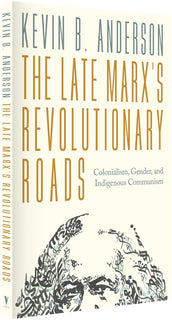
The Late Marx’s Revolutionary Roads: Colonialism, Gender, and Indigenous Communism
-

The Palestine Laboratory: How Israel Exports the Technology of Occupation Around the World
-
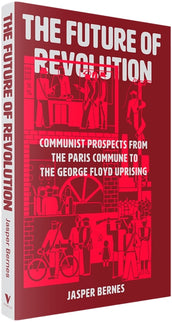
The Future of Revolution: Communist Prospects from the Paris Commune to the George Floyd Uprising
Bestselling Ebooks of 2025
Browse all-

Disaster Nationalism: The Downfall of Liberal Civilization
-
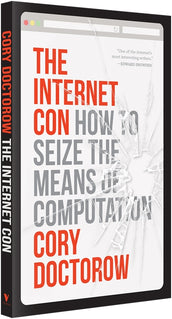
The Internet Con: How to Seize the Means of Computation
-

Overshoot: How the World Surrendered to Climate Breakdown
-

Moral Abdication: How the World Failed to Stop the Destruction of Gaza
-

Crude Capitalism: Oil, Corporate Power, and the Making of the World Market
-
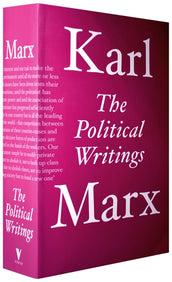
The Political Writings
The Year in Ten Books
See more
2025: The Year in Ten Books
From riots and fires to ICE crackdowns and political assassinations, we've selected ten books to speak on the year we're finally leaving behind.
Forthcoming
Browse All-

Nuclear is Not the Solution: The Folly of Atomic Power in the Age of Climate Change
-
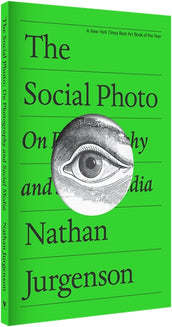
The Social Photo: On Photography and Social Media
-

A Philosophy of War: Why We Fight
-

Freud and the Non-European
-
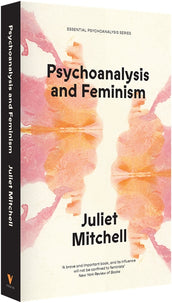
Psychoanalysis and Feminism: A Radical Reassessment of Freudian Psychoanalysis
-
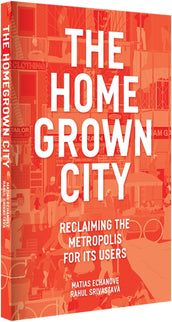
The Homegrown City: Reclaiming the Metropolis for its Users

Verso Book Club
Our world is changing quickly, from global politics and environmental collapse, to the rise of right-wing political movements and serious economic crises. What hasn't changed is Verso's 50 year-long commitment to radical publishing.
Help us to continue this vital radical publishing tradition.
Catalog
Showing 1–24 of 2139 results:
Back to beginning
-

Amphibious Realities: The Documentary Poetics of Allan Sekula
-
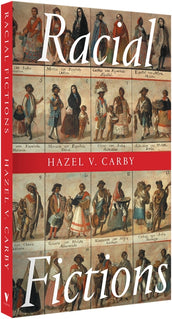
Racial Fictions
-

The End: Marx, Darwin, and the Natural History of the Climate Crisis
-

Revolutions: A New History
-

Berlin Childhood around 1900
-
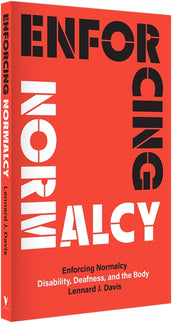
Enforcing Normalcy: Disability, Deafness, and the Body
-
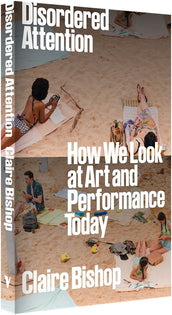
Disordered Attention: How We Look at Art and Performance Today
-
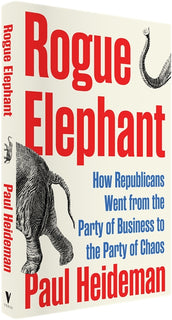
Rogue Elephant: How Republicans Went from the Party of Business to the Party of Chaos
-

Alexandre Kojève: An Intellectual Biography
-

Your Party: The Return of the Left
-

Hate: The Uses of a Powerful Emotion
-
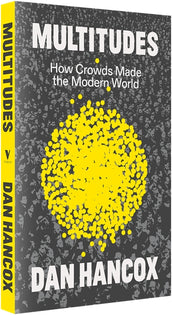
Multitudes: How Crowds Made the Modern World
-

Disaster Nationalism: The Downfall of Liberal Civilization
-

St. Paul: A Screenplay
-

Patchwork: A Graphic Biography of Jane Austen
-

Up in the Air: A History of High Rise Britain
-
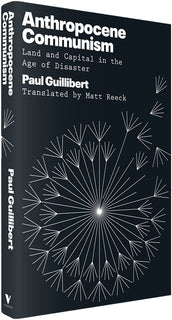
Anthropocene Communism: Land and Capital in the Age of Disaster
-

Working Girl: On Selling Art and Selling Sex
-

How Silicon Valley Unleashed Techno-feudalism: The Making of the Digital Economy
-

A Spanish Commune: The Cartagena Canton and its Worlds
-
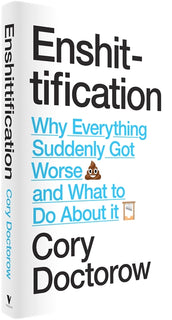
Enshittification: Why Everything Suddenly Got Worse and What To Do About It
-

Nymph: A Novel
-

The Long Heat: Climate Politics When It’s Too Late
-

Men in the Sun: And Other Palestinian Stories


















